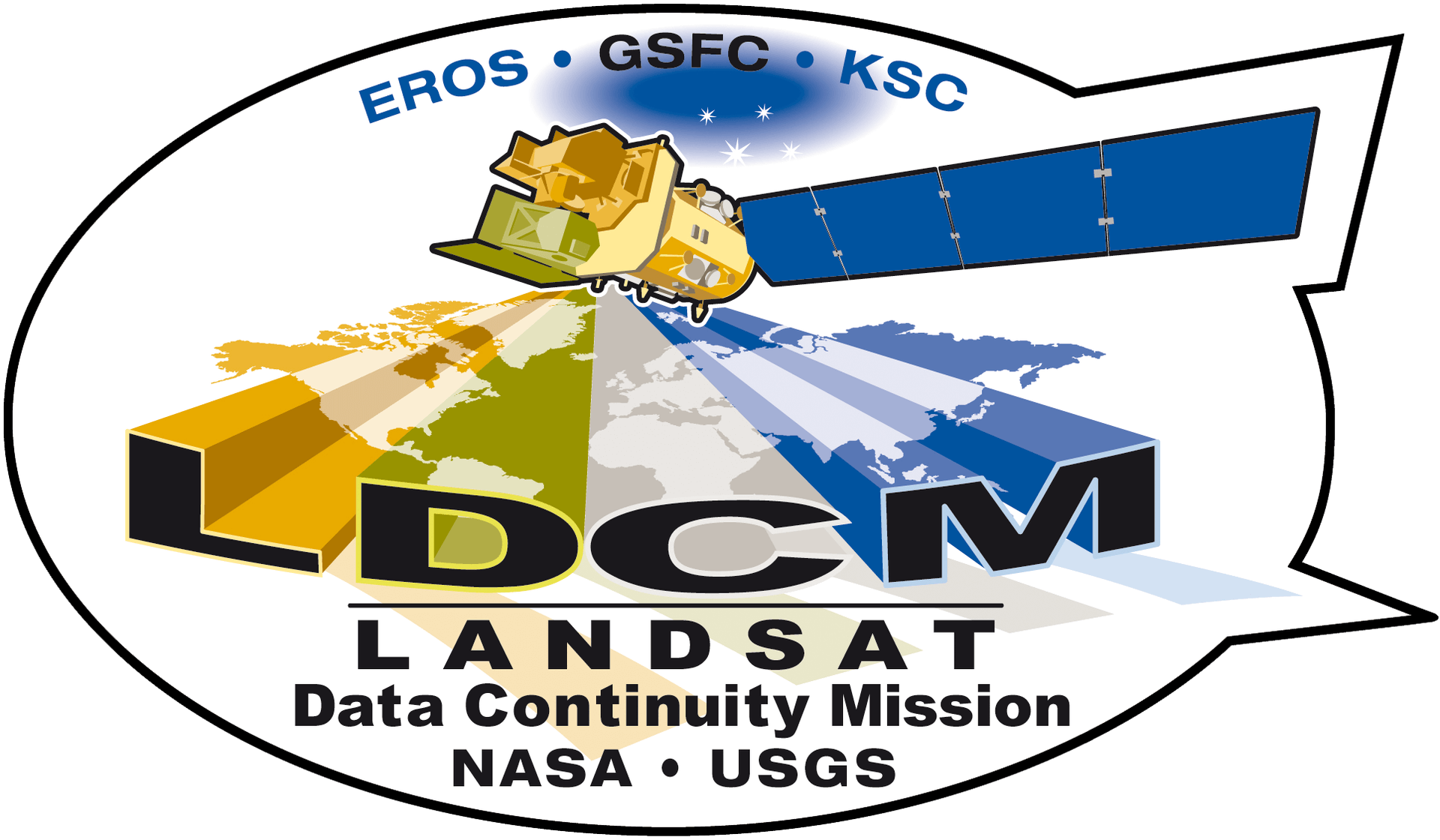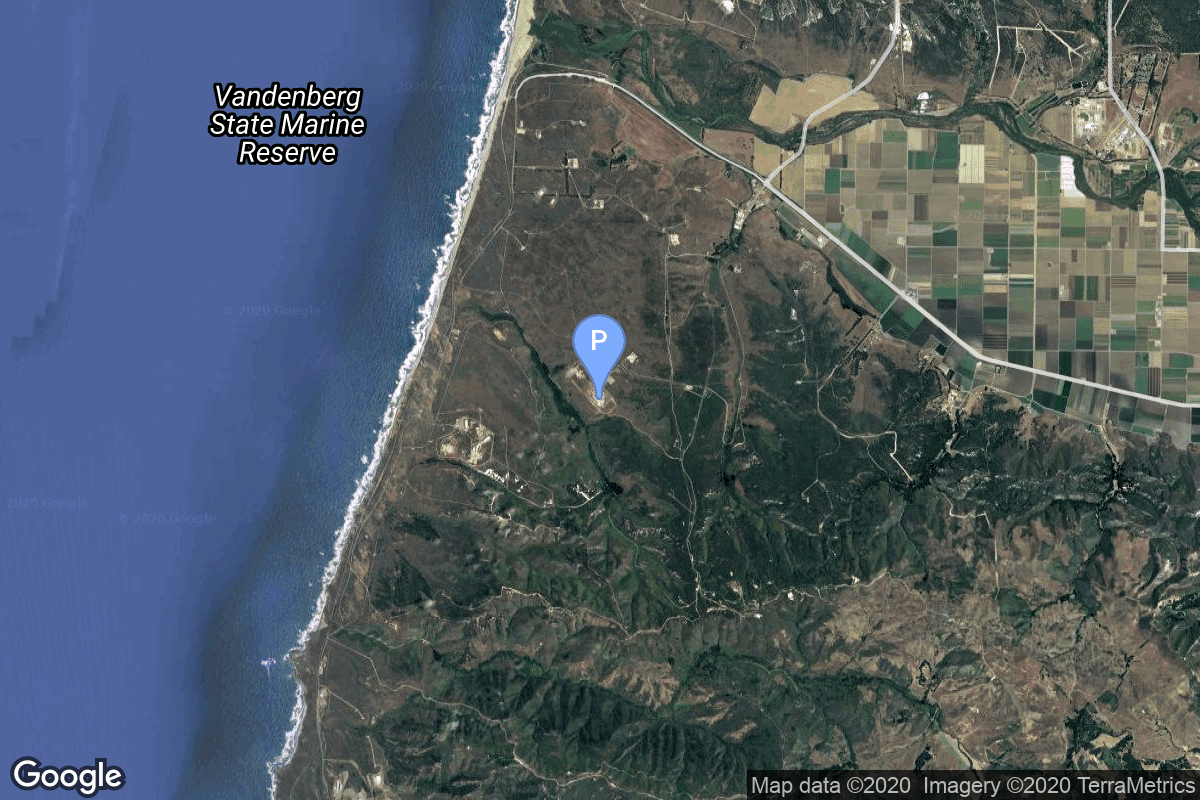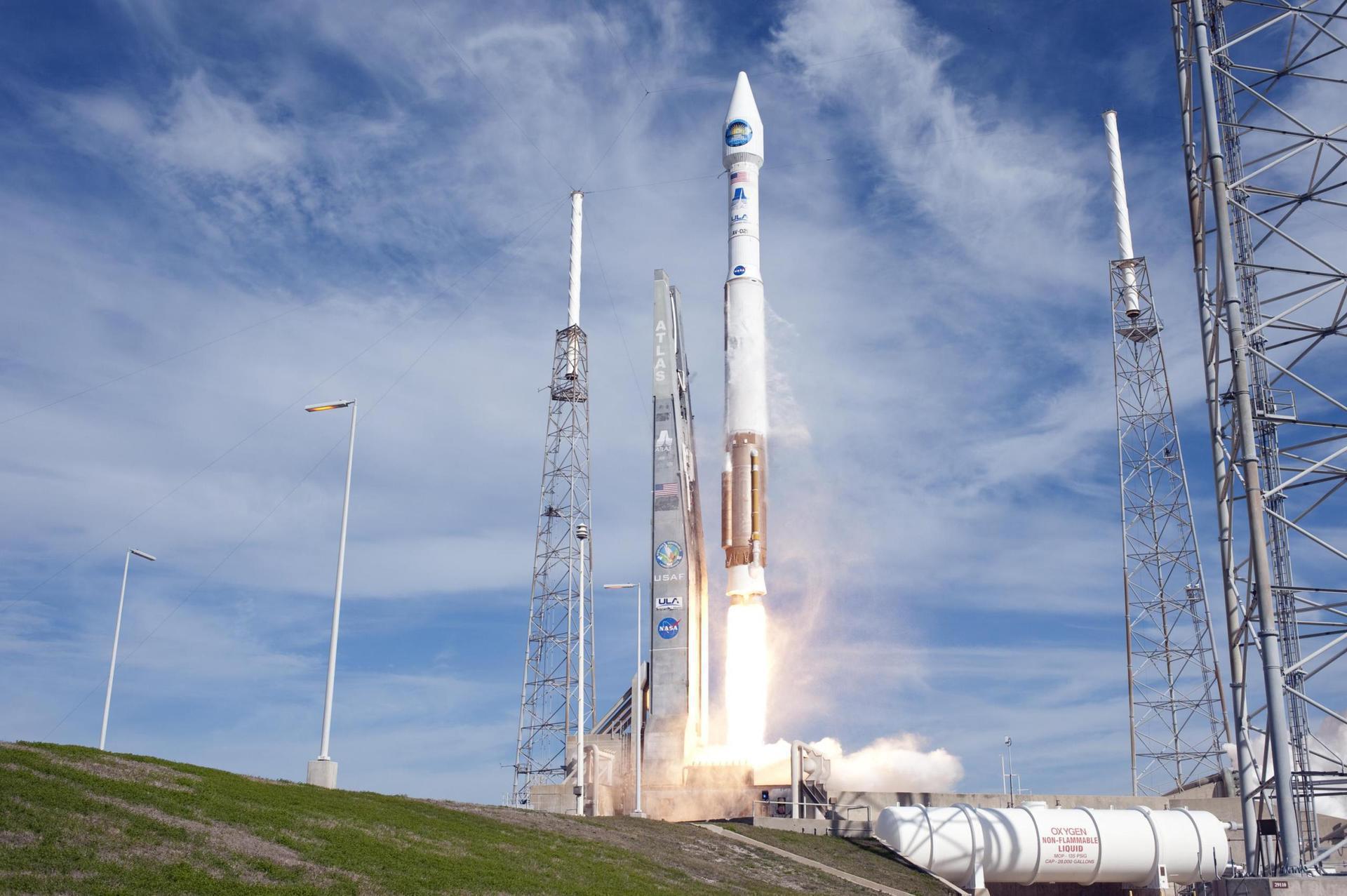Landsat 8 (DCM)
Atlas V 401
United Launch Alliance
Mission
Landsat 8 (DCM)
- Type: Earth Science
- Orbit: Sun-Synchronous Orbit
- Launch Cost: $115,000,000
Landsat 8 is an American Earth observation satellite launched on 11 February 2013. It is the eighth satellite in the Landsat program; the seventh to reach orbit successfully. Originally called the Landsat Data Continuity Mission (LDCM), it is a collaboration between NASA and the United States Geological Survey (USGS). NASA Goddard Space Flight Center in Greenbelt, Maryland, provided development, mission systems engineering, and acquisition of the launch vehicle while the USGS provided for development of the ground systems and will conduct on-going mission operations. It comprises the camera of the Operational Land Imager (OLI) and the Thermal Infrared Sensor (TIRS), which can be used to study Earth surface temperature and is used to study global warming.
Location
Space Launch Complex 3E
Vandenberg SFB, CA, USA
Space Launch Complex 3E has witnessed the launch of 48 rockets, including 45 orbital launch attempts, while Vandenberg SFB, CA, USA, has been the site for 749 rocket launches.
Rocket
United Launch Alliance Atlas V 401
An Atlas V with a 4 meter diameter fairing, no boosters and a single centaur upper stage engine.
Agency
United Launch Alliance
United Launch Alliance (ULA) is a joint venture of Lockheed Martin Space Systems and Boeing Defense, Space & Security. ULA was formed in December 2006 by combining the teams at these companies which provide spacecraft launch services to the government of the United States. ULA launches from both coasts of the US. They launch their Atlas V vehicle from LC-41 in Cape Canaveral and LC-3E at Vandeberg. Their Delta IV launches from LC-37 at Cape Canaveral and LC-6 at Vandenberg.



